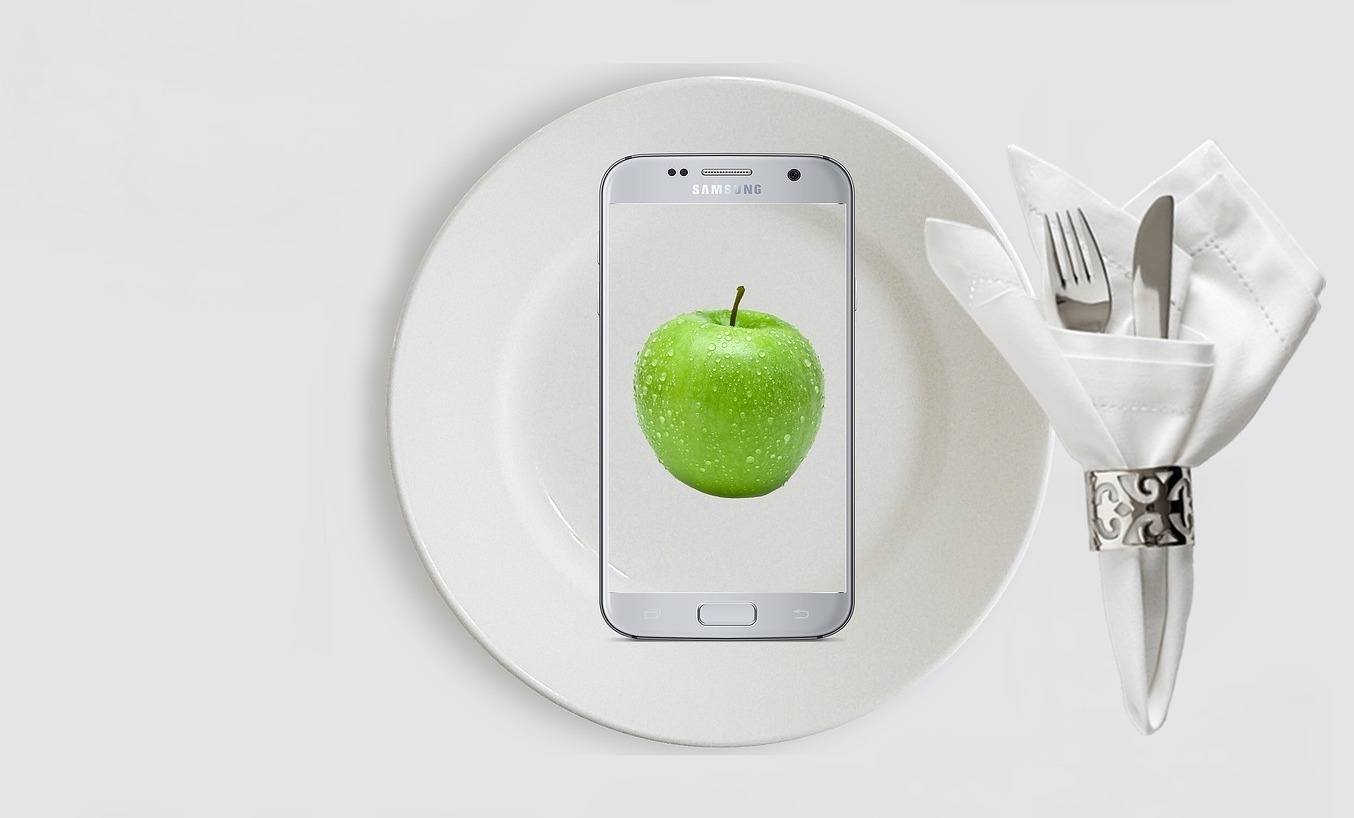Today, the world of nutrition and diet is rife with speculation, misinformation and contradictory advice, largely due to “armchair nutritionists” on social media who think they know best. Everyone’s body is different and something that works for a 20 year old on Instagram probably won’t be applicable to someone in their late 50s. So, how do you know when to see a dietitian and why it’s important?
This is why seeing a dietitian is important, they can create a diet specifically for you, through evidence-based research and nutritional science, which can help improve your body, health and general well-being.
Our dietitians at Fuel Your Life are also passionate about veteran nutrition and are experienced in treating a range of mental health issues often associated with war veterans such as PTSD and depression.
If you’re still not convinced, continue reading.
So, what is a Dietitian? What do we do?
Dietitians are highly-educated health professionals with expert knowledge when it comes to how food impacts our bodies. They specialise in providing nutritional advice to treat and prevent a range of diet-related conditions such as complex obesity, high blood pressure, food intolerances and certain cancers, just to name a few.
One of the most common problems dietitians face is that we are constantly confused with nutritionists, let’s clear the air:
Education
A dietitian’s level of education is accumulated over 4-5 years at university including bachelors and/or masters with an attached practical component. Whereas, with a nutritionist there is no current regulation over the industry and a nutritionist may have limited education and often not university qualifications.
Registration
Dietitians who consult in private practice and clinical settings MUST be registered by their accrediting board whereas nutritionists can register to the Nutrition Society of Australia (NSA) and/or DAA but there is no legal requirement. This is why people need to be careful as anyone can market themselves as a nutritionist without being verified and/or certified by a governing body.
Work
In Australia, only dietitians can provide medical nutrition therapy to their clients and can also work as a nutritionist, whereas nutritionists cannot provide medical nutrition therapy, nor can they interchange as a dietitian without additional qualifications.
Why see a dietitian?
Many people might come across dietitians from a doctor’s referrral, as a health concern requires a dietitian’s expertise, or they may be visiting on their own volition, such as:
- They are caring for an elderly person and need advice about their nutritional needs
- They are retiring and are looking for an affordable, yet healthy and enjoyable diet to prevent weight gain and improve strength
- They are battling high cholesterol and the GP is wishing to start medication
- They feel rundown and low on energy during the day
- They are experiencing digestive problems
- They simply want to lose weight
One of the best things about seeing a dietitian is that you can save money. We are recognised by Medicare and Department of Veteran Affairs! This means if you have a consult with us you may be eligible for a rebate on our services with a suitable referral from your GP. Your private health fund extras may also cover dietitian consultations, so you can claim a rebate at the time of your appointment.
What to expect from an appointment at Fuel Your Life
If you see one of our friendly dietitians at Fuel Your Life, the initial consultation will generally take around an hour. In that time we want to learn all about who you are. This includes your occupation, home life, eating habits, medical history, any problems you are facing with your health and most importantly what you are hoping to achieve with us.
By getting to know you, we can appreciate your goals and circumstances and create an individualised nutrition plan just for you.
If your GP has referred you due to a specific medical condition, we will work as a team with your doctor and prescribe a suitable nutritional plan based on your medications, blood work and other possible factors.
Beyond the initial consultation, additional appointments are essential so we can address any concerns, make required tweaks to your diet and most importantly, support you on your journey.
Now that you know when to see a dietitian, it is important to choose the right one! We here at Fuel Your Life would love to help, drop us a line now!







